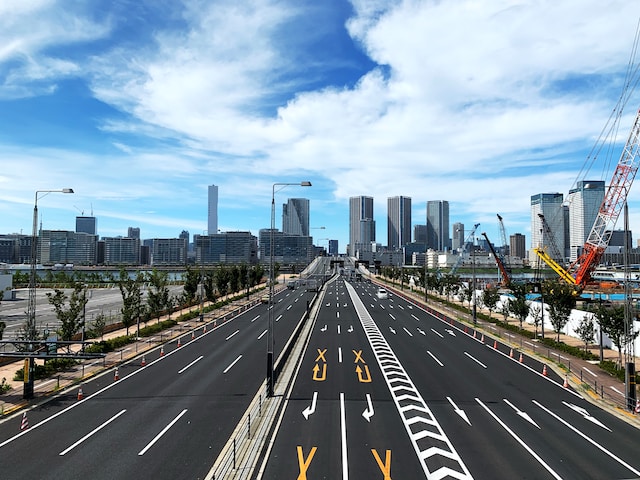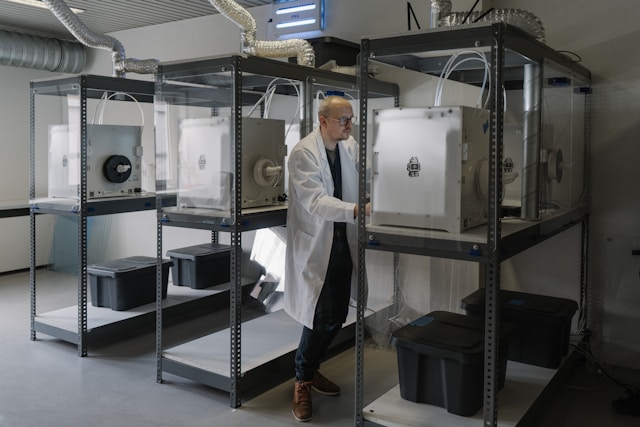Have you ever marveled at the sheer power and speed of a jet engine soaring through the sky? Imagine harnessing that awe-inspiring force for a groundbreaking purpose closer to home—revolutionizing road maintenance. Welcome to the world of jet engine dryers, where cutting-edge technology meets the challenges of wet road surfaces head-on.
Jet engine dryers are powerful devices designed to remove water from aircraft surfaces quickly and effectively. These dryers utilize the force of high-velocity air to evaporate moisture, leaving the aircraft ready for operation.
In this article, we delve into the captivating realm of the jet engine dryer, exploring its underlying principles and unraveling the extraordinary possibilities that lie ahead.
The Need for Efficient Road Drying
Wet road surfaces pose significant challenges in terms of safety, traffic congestion, and infrastructure durability. Wet pavement significantly increases the risk of accidents, particularly during rainfall or in regions with high humidity.
Wet roads reduce tire grip, leading to longer braking distances and an increased likelihood of hydroplaning. Moreover, excessive moisture can penetrate the road surface, causing damage and accelerating the deterioration of infrastructure.
Transitioning Jet Engine Dryers to Road Maintenance
Recognizing the potential benefits, there has been a growing interest in repurposing jet engine dryers for road drying. Current road drying methods, such as using absorbent materials, heating systems, or vacuum trucks, often suffer from limitations in terms of efficiency and speed.
By harnessing the power of jet engine dryers, road drying operations could be significantly accelerated, resulting in improved road safety and reduced traffic disruptions.
Mechanisms and Considerations for Road Drying
Adapting jet engine dryers for road drying requires several technical considerations. The airflow generated by these robust machines must be directed effectively toward the road surface to maximize drying efficiency.
Additionally, modifications must be made to the dryer’s nozzle and exhaust system to ensure optimal air distribution and prevent potential damage to the road or surrounding environment. Noise reduction measures, such as mufflers and sound barriers, should also be implemented to mitigate the impact of jet engine dryer operations on nearby communities.
Advantages and Benefits of Jet Engine Dryers for Road Drying
Utilizing jet engine dryers for road drying offers several advantages over conventional methods.
- Firstly, their high-powered airflow enables faster and more efficient drying, minimizing the time roads are closed or restricted due to maintenance activities. This leads to reduced traffic congestion and increased road capacity.
- Secondly, the improved drying process enhances road safety by minimizing the risk of accidents caused by wet surfaces. Jet engine dryers effectively remove moisture. Hence, applying this technology to road maintenance can have similar safety benefits.
- Furthermore, the economic advantages of jet engine dryers in road drying operations are worth considering. Faster drying times translate into cost savings for road authorities and construction companies, as fewer resources are required for road maintenance. Reduced traffic congestion and enhanced road safety contribute to increased productivity and fewer commuter delays, positively impacting the economy.







